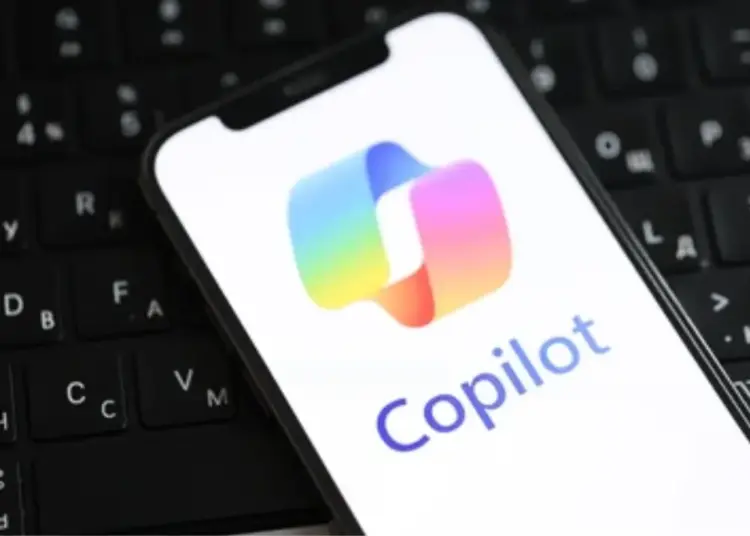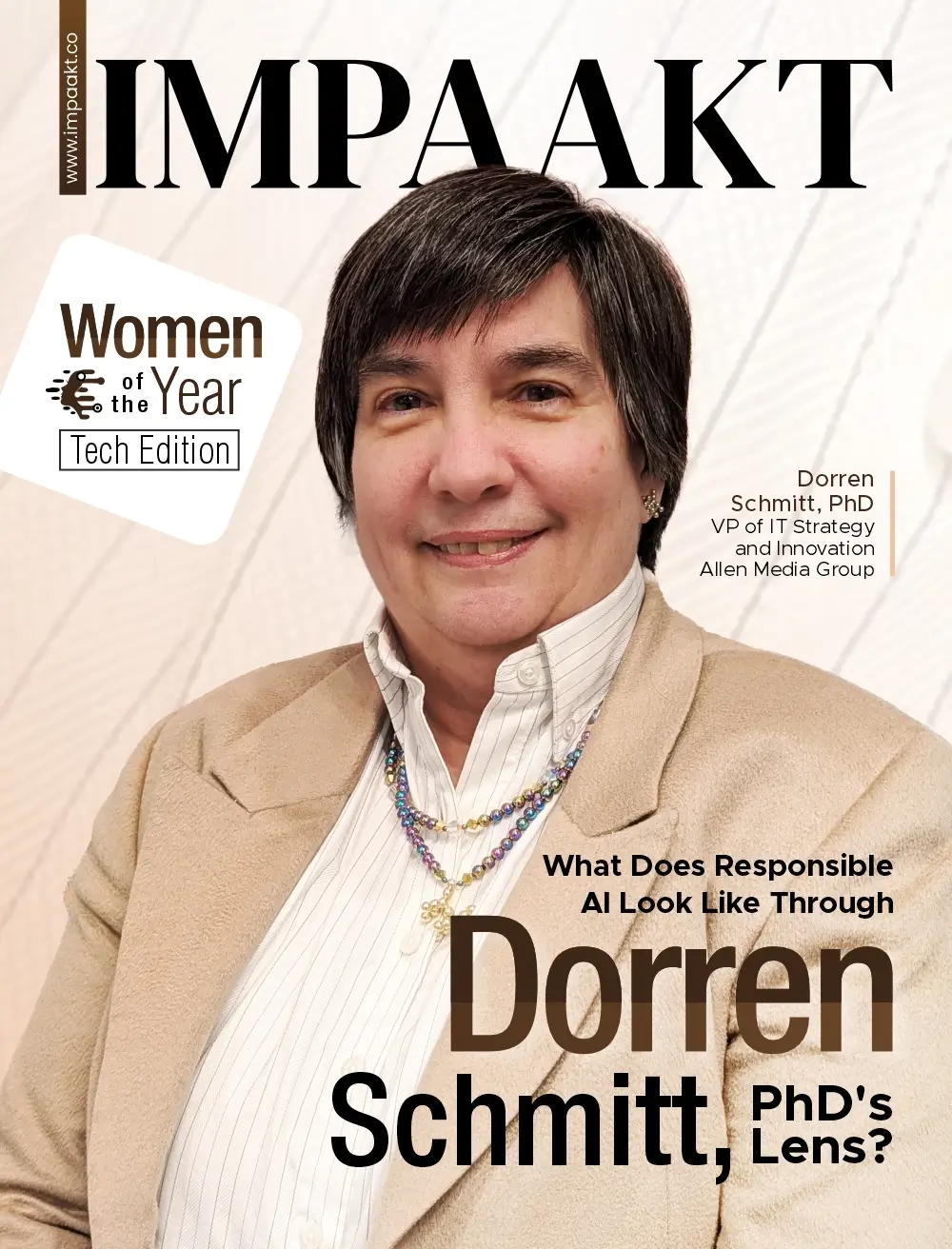Microsoft is celebrating its 50th anniversary by unveiling a smarter, more intuitive version of its AI assistant, Copilot. The move reflects a deepened focus on innovation and personalization. The company aims to evolve how people interact with technology. Copilot’s new features promise more tailored support, learning from past user interactions to offer relevant reminders and proactive suggestions.
“This is about empowering people, not replacing them,” a Microsoft spokesperson said. “We want technology to adapt to the user, not the other way around.” The updated Copilot can now remember key personal details, such as birthdays or previous document requests. It can help schedule meetings, recommend gifts, or suggest actions based on habits. This level of personalization sets Microsoft apart in a competitive AI market. By refining user experiences, the company is hoping to deepen trust and loyalty. Microsoft’s CEO Satya Nadella emphasized that the future of software lies in user empowerment. “Our goal is to build tools that help everyone do more,” he noted during the anniversary event.
One innovation includes a new performance measure called Successful Session Rate (SSR). This evaluates how helpful Copilot interactions are, using anonymized data and sentiment analysis. SSR helps Microsoft understand what works and what doesn’t in real time. It also shows the company’s shift toward measuring user satisfaction over just product usage. These changes are part of a broader strategy. Microsoft is seeking to stay competitive with AI leaders by refining existing tools rather than chasing trends.
The company also plans to diversify the AI models powering Copilot. This means incorporating both in-house and third-party technologies, not relying solely on OpenAI. Such moves aim to reduce costs, boost flexibility, and give users better performance across different platforms.
Microsoft’s updates also highlight its commitment to accessibility. Copilot will support more languages and be tailored for different industries and user needs. For small businesses and solo entrepreneurs, Copilot could be a time-saving assistant. For enterprises, it might become a standard digital co-worker.
Security also remains a top priority. Microsoft recently announced that Copilot for Security is now widely available. It supports incident response and threat detection in real time. With these advancements, Microsoft isn’t just celebrating a milestone. It’s positioning itself as a leader in responsible, helpful AI. “Technology should be about simplifying life,” said one developer at the event. “We’re designing Copilot to be that silent partner who’s always got your back.”
Microsoft’s 50-year journey reflects a shift from static software to adaptive AI tools. As the company looks ahead, it’s clear the focus is on creating technology that feels personal, responsive, and truly useful.











